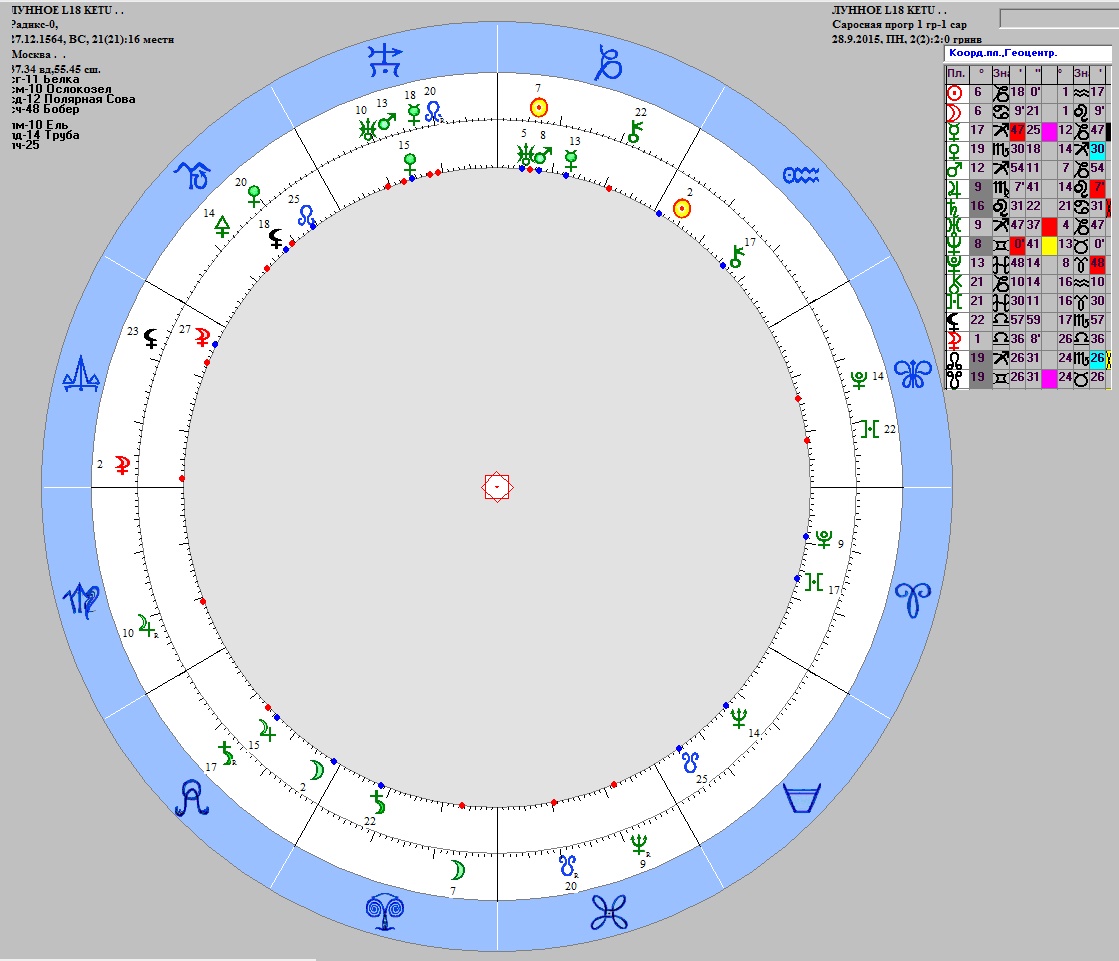Volinkin Planetarnaya Lestnica
Penari: Amalia Syakirah Penerbit: SOG Productions & Hashtag Media Pengarah: ELMIELMO Pengarah Bersama: Izmal Che Ahmad & Aiman Aqwa DOP: Kamil Azim Idea Asal & Konsep: Elmielmo, Raja Nazrin Shah & Raja Nazmin Shah Penyunting: Amsyar Saiful & Elmielmo Pembantu Produksi: Amira Syuhada, Aishah Rosli & Ewan Rush Jurusolek: Syazlina Khalid Jurugambar: Syamil Firdaus Busana: Goda By Fazleena twitter.com/weareSOG instagram.com/wearesog facebook.com/sekumpulanoranggila sekumpulanoranggila@yahoo.com. Download lagu ini waktunya terbang gila gila bersamamu. ITunes: Terbanglah Lagu: Raja Nazrin Shah Lirik: Fazleena Hishamuddin Terbitan: SOG Productions Sekumpulan Orang Gila: Abdul Qayyum, Amsyar Saiful, Raja Nazmin Shah, Raja Nazrin Shah & Riko Agus.
Vladan Vukosavljevic is on Facebook. Join Facebook to connect with Vladan Vukosavljevic and others you may know. Facebook gives people the power to share. May 10, 2011 The future of live TV with 60+ channels. No cable box required. Cancel anytime.
Contents • • • • • • • • • • History [ ] Slavistics emerged in late 18th and early 19th century, simultaneously with among various and with ideological attempts to establish a common sense of Slavic community, exemplified by the. Among the first scholars to use the term was (1753-1829). The history of Slavic studies is generally divided into three periods.


Until 1876 the early Slavists concentrated on documentation and printing of monuments of Slavic languages, among them the first texts written in national languages. At this time the majority of Slavic languages received their first modern, grammars and compendia. The second period, ending with, featured the rapid development of Slavic and, most notably outside of Slavic countries themselves, in the circle formed around (1821-1868) and around (1840-1916) at the. After Slavic studies scholars focused on, while the science continued to develop in countries with large populations having Slavic origins. After there developed centres of Slavic studies, and much greater expansion into other humanities and social science disciplines in various universities around the world.
Indeed, partly due to the political concerns in Western European and the United States about the Slavic world nurtured by the, Slavic studies flourished in the years from World War II into the 1990s and remain strong, [ ] though university enrollments in Slavic languages have declined since the 1990s. Slavic countries and areas of interest [ ] • By country: •:,,, •:,,, •:,,, •:,,, •:,,, •:,,,, •:,, •: languages/dialects (,, ), literature (, ),, •:,,, •:,,, history ( and ) •:,,, •:,,, •:,,, • Other languages:,,,,, Notable people [ ] Historical.
•, the author of an early scholarly work in Slavic studies • (1753–1829) from • (1780–1840) from • (1781–1864) from • (1787–1864) from • (1795–1861) from • (1804–1873) from • (1812–1880) from Russia • (1813–1891) from • (1818–1898) from • (1821–1868) from • (1825–1882) from • (1828–1869) from • (1835–1891) from Ukraine • (1838–1923) from • (1840–1916) from Germany • (1845–1929) from • [] (1848–1914) from Russia • (1856–1939) from eastern.